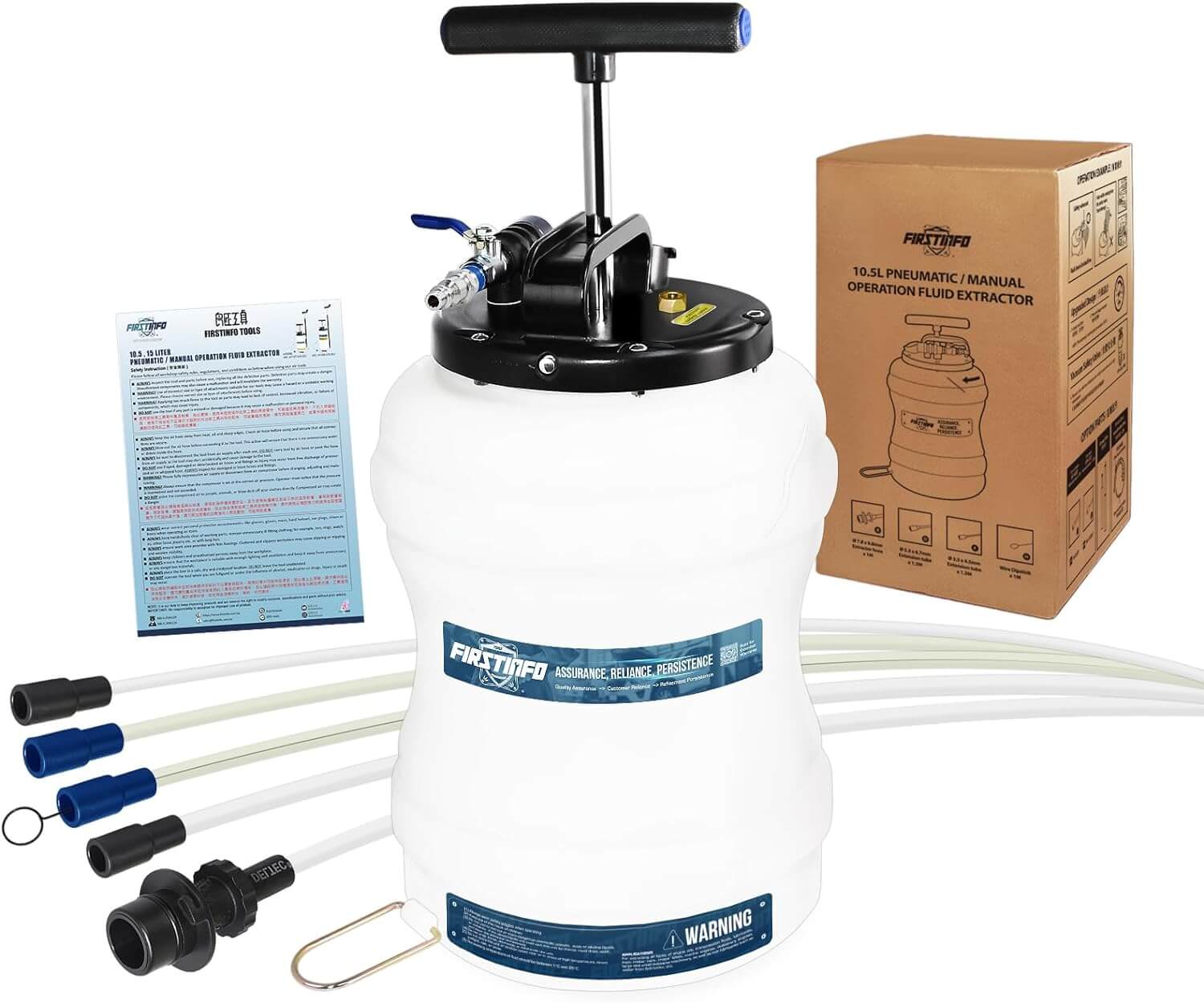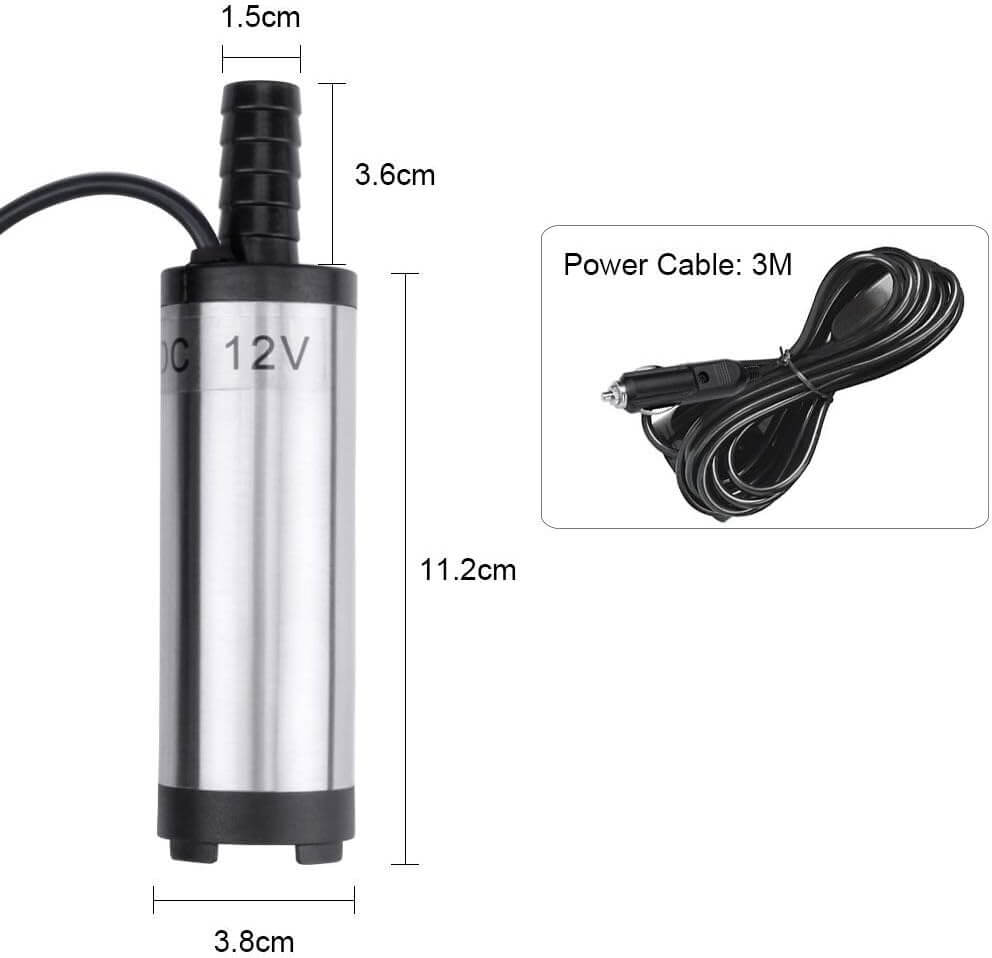The Art Of Choosing The Right Oil For Your Vehicle.
Choosing the right oil for your vehicle is not just about picking a random option off the shelf; it’s an art. With so many oils available, each claiming to be the best for your engine, the task can be overwhelming.
However, understanding your vehicle’s needs and considering factors like viscosity, additives, and manufacturer recommendations can help you make an informed decision. In this article, we will guide you through the art of selecting the perfect oil for your beloved vehicle, ensuring its optimal performance and longevity.
Understanding the Different Types of Engine Oil
Choosing the right engine oil for your vehicle is crucial for maintaining its performance and longevity. With so many options available, it can be overwhelming to know which type of oil is best suited for your car. To make the decision easier, let’s explore the different types of engine oil available on the market.
Conventional Oil
Conventional oil, also known as mineral oil, is the most basic type of engine oil. It is derived from crude oil and contains a mixture of hydrocarbons. While conventional oil is affordable, it may not provide the same level of performance and protection as synthetic oils. It is suitable for older vehicles with less demanding engine requirements.
Synthetic Oil
Synthetic oil is a man-made product that is specifically engineered to provide superior performance and protection for your engine. It offers better viscosity stability and temperature resistance compared to conventional oil. Synthetic oil also has fewer impurities, which prevents sludge buildup and reduces engine wear. This type of oil is ideal for newer vehicles and high-performance engines.
High Mileage Oil
High mileage oil is designed for vehicles with over 75,000 miles on the odometer. As engines age, they tend to experience more wear and tear, resulting in oil leaks, reduced performance, and increased oil consumption. High mileage oil contains additives that help rejuvenate and protect aging engines, minimizing leaks and improving overall performance.
Synthetic Blend Oil
Synthetic blend oil, as the name suggests, is a combination of synthetic and conventional oil. It offers many benefits of synthetic oil at a more affordable price. Synthetic blend oil provides improved performance, protection, and fuel efficiency compared to conventional oil alone. It is suitable for vehicles that require a higher level of performance without the high cost of full synthetic oil.
Full Synthetic Oil
Full synthetic oil is the pinnacle of engine oil technology. It is chemically engineered to provide the best protection and performance for your vehicle’s engine. Full synthetic oil offers superior lubrication, excellent viscosity stability, and exceptional resistance to heat and cold temperatures. It also provides better fuel efficiency and extended oil change intervals. If your vehicle requires the highest level of performance and protection, full synthetic oil is the way to go.
Considerations Based on Your Vehicle
When selecting engine oil, it’s essential to consider several factors specific to your vehicle. These factors include the manufacturer’s recommendations, the age and mileage of your vehicle, driving conditions, and climate.
Manufacturer Recommendations
The first place to look for guidance on engine oil selection is your vehicle’s owner’s manual. The manufacturer will provide specific oil recommendations based on thorough testing and analysis. Following these recommendations will help ensure optimal engine performance and longevity. Using the wrong type of oil may void your vehicle’s warranty, so it’s crucial to adhere to the manufacturer’s guidelines.
Age and Mileage of Your Vehicle
The age and mileage of your vehicle also play a role in choosing the right engine oil. Older vehicles with higher mileage may benefit from high-mileage oil or synthetic blends specifically formulated to address the needs of aging engines. These oils contain additives that help reduce oil consumption, rejuvenate seals, and protect against wear and leaks. For newer vehicles, synthetic oils provide the best protection and performance.
Driving Conditions
Driving conditions can vary significantly, and this can affect the type of oil you should use. If you frequently drive in extreme conditions such as extreme heat, cold, or dusty environments, synthetic oils offer better protection and performance. They have superior temperature resistance, and viscosity stability, and can withstand the demands of harsh driving conditions. If you drive predominantly in normal conditions, conventional oil or synthetic blends may suffice.
Climate
Climate is an essential factor to consider when selecting engine oil. Engine oils have different viscosity grades, which determine their thickness at different temperatures. Lower viscosity oils (such as 0W-20 or 5W-30) are better suited for colder climates as they flow more easily during cold starts. Higher viscosity oils (such as 10W-40 or 20W-50) are better for warmer climates as they provide better engine protection under higher temperatures. Consult your owner’s manual or a professional mechanic to determine the appropriate viscosity grade for your vehicle based on the climate you live in.
Viscosity and Grades of Engine Oil
Understanding viscosity and oil grades is crucial in selecting the right engine oil for your vehicle. Viscosity refers to the oil’s resistance to flow, and it is measured using two numbers, such as 5W-30 or 10W-40.
Understanding Viscosity
Viscosity determines how well the oil can flow at different temperatures. Oils with lower viscosity flow more easily, while oils with higher viscosity flow more slowly. It is crucial to choose the right viscosity to ensure optimal lubrication and engine protection. Using an oil with the wrong viscosity can lead to poor startup protection, increased engine wear, and reduced fuel efficiency.
Viscosity Grades
Viscosity grades are represented by two numbers separated by a “W” (W stands for winter). The first number indicates the oil’s viscosity at low temperatures, such as during cold starts, while the second number represents the oil’s viscosity at higher temperatures. For example, in a 5W-30 oil, the “5W” indicates the oil’s flowability at low temperatures, and the “30” indicates its behavior at higher temperatures. The lower the first number, the better the oil flows during cold starts, providing better engine protection.
Choosing the Right Viscosity based on Temperature
Selecting the right viscosity grade oil is critical for your engine’s protection. In colder climates, it’s important to use a lower-viscosity oil (such as 0W-20 or 5W-30) to ensure good flowability during cold starts. These oils are designed to provide excellent startup protection. In warmer climates, higher viscosity oils (such as 10W-40 or 20W-50) offer better engine protection under higher temperatures. Choosing the appropriate viscosity grade based on temperature helps maintain optimal fuel efficiency, engine performance, and longevity.
The Importance of API and ILSAC Certifications
When purchasing engine oil, it’s crucial to look for API and ILSAC certifications. These certifications ensure that the oil meets the industry standards for performance and quality.
API (American Petroleum Institute) Certification
API certification is the industry standard for engine oil quality and performance. The API assigns a specific service rating to different types of oil based on their performance characteristics. The higher the API service rating, the better the oil’s performance and protection. Make sure to choose engine oil with the appropriate API service rating recommended by your vehicle’s manufacturer.
ILSAC (International Lubricant Standardization and Approval Committee) Certification
ILSAC certification is a standard specific to engine oil performance requirements set by North American and Japanese automobile manufacturers. The ILSAC certifies oils that meet their stringent performance requirements, ensuring that they provide optimal protection, performance, and fuel efficiency. Look for ILSAC-certified oils to ensure that your engine is receiving the best possible protection and performance.
Oil Performance and Fuel Economy
Choosing the right engine oil not only affects your vehicle’s performance and protection but also plays a role in fuel efficiency. The quality and characteristics of engine oil can impact friction reduction and fuel consumption.
Friction Reduction
Engine oils with superior lubricating properties contribute to reduced friction within the engine. Reduced friction means less wear on engine components, smoother operation, and improved fuel efficiency. Synthetic oils, with their advanced formulation and high-quality additives, offer excellent friction reduction capabilities, resulting in better overall engine performance and fuel economy.
Fuel Efficiency
Using the right engine oil that complies with your vehicle’s manufacturer recommendations and standards can have a positive impact on fuel efficiency. Engine oils that minimize friction, reduce engine wear, and enhance lubrication properties contribute to better fuel economy. Choosing the right oil, along with other fuel-saving practices such as proper tire inflation and regular maintenance, can help you save money at the pump.
Engine Oil Additives
Engine oils often contain additives that enhance their performance and protection capabilities. These additives help address specific issues and improve the overall performance of the oil.
Anti-Wear Additives
Anti-wear additives are crucial for reducing friction, preventing metal-to-metal contact, and protecting engine components from wear and tear. These additives form a protective film on the engine surfaces, minimizing friction and extending the engine’s lifespan.
Detergents and Dispersants
Detergents and dispersants are essential additives that help keep the engine clean and free of sludge and deposits. They prevent the buildup of harmful contaminants, ensuring optimal engine performance and longevity.
Viscosity Index Improvers
Viscosity index improvers help the oil maintain its viscosity at different temperatures. These additives allow the oil to flow more easily during startup, providing vital engine protection. They also prevent the oil from thinning out too much at higher temperatures, ensuring proper lubrication and protection.
Anti-Foaming Agents
Engine oils may contain anti-foaming agents to reduce the formation of foam. Foam can lead to a reduction in oil circulation, causing inadequate lubrication and potential damage to the engine. Anti-foaming agents help maintain the oil’s stability and performance, ensuring effective lubrication.
Changing Your Engine Oil
Regular oil changes are essential for maintaining your vehicle’s performance and longevity. Proper oil change intervals, drain and fill procedures, and disposal of used oil are critical aspects of proper engine maintenance.
Oil Change Intervals
The frequency of oil changes depends on the type of oil used and the manufacturer’s recommendations. Conventional oils typically require more frequent changes (around every 3,000-5,000 miles), while synthetic oils offer extended oil change intervals (up to 10,000-15,000 miles). It’s important to follow the manufacturer’s recommendations to ensure optimal engine performance and protection.
Proper Drain and Fill Procedures
When performing an oil change, it’s essential to follow the proper drain and fill procedures to ensure all the old oil is removed and the new oil is added correctly. Improper procedures can result in insufficient oil circulation, inadequate lubrication, and potential engine damage. Consult your vehicle’s owner’s manual or seek professional assistance for guidance on proper oil change procedures.
Disposing of Used Oil
Used oil should never be disposed of improperly, as it can harm the environment. Local regulations and recycling centers often have specific guidelines on how to dispose of used oil safely. Many auto parts stores and service centers accept used oil for recycling, so be sure to take advantage of these resources. Proper disposal of used oil is not only essential for environmental protection but also for complying with local laws and regulations.
Consulting a Professional Mechanic
While understanding the basics of engine oil selection and maintenance is important, it’s always beneficial to consult a professional mechanic for expert advice and assistance.
Expert Advice on Oil Selection
A professional mechanic can provide valuable insights and recommendations based on their experience and knowledge. They can help determine the right type of oil for your vehicle based on various factors such as your driving habits, vehicle specifications, and prevailing climate conditions. Consulting a professional ensures that you make an informed decision and choose the best oil for your specific needs.
Professional Oil Change Services
If you prefer to leave the oil changes to the experts, professional oil change services are readily available. These services ensure that your oil change is performed accurately and efficiently, following the recommended procedures. Professional technicians can also perform additional inspections and checks to identify any potential issues or maintenance needs, ensuring the overall health and performance of your vehicle.
Frequently Asked Questions
As you dive deeper into the world of engine oils, you may come across several commonly asked questions. Here are some answers to frequently asked questions to further assist you in making an informed decision.
Can I Mix Different Types of Engine Oil?
It’s generally not recommended to mix different types of engine oil. Each type of oil has specific characteristics and additives that may not work well together when mixed. Mixing oils may result in reduced performance and compromised protection.
How Often Should I Change My Oil?
Oil change intervals vary depending on factors such as the type of oil used, driving conditions, and manufacturer’s recommendations. Conventional oil typically requires more frequent changes (around every 3,000-5,000 miles), while synthetic oils offer extended oil change intervals (up to 10,000-15,000 miles). Following the manufacturer’s recommendations is crucial for maintaining optimal engine performance and protection.
Will Using the Wrong Oil Damage My Engine?
Using the wrong type of oil can potentially damage your engine. The wrong viscosity or performance characteristics may not provide adequate lubrication and protection, leading to increased wear and potential engine damage. Always follow the manufacturer’s recommendations and choose the right oil for your specific vehicle.
Can I Switch from Conventional Oil to Synthetic Oil?
Yes, it’s possible to switch from conventional oil to synthetic oil. However, it’s crucial to ensure that the engine is in good condition and there are no existing oil leaks or other issues. Synthetic oils have superior performance characteristics and higher detergency, which may dislodge deposits and expose existing leaks in older engines. Consult a professional mechanic for guidance if you are considering switching to synthetic oil.
What Happens If I Use a Higher Viscosity Oil Than Recommended?
Using a higher viscosity oil than recommended may result in poor engine performance, increased wear, and reduced fuel efficiency. The oil may not flow as easily during startup, leading to inadequate lubrication and potential damage. Always use the viscosity grade recommended by your vehicle’s manufacturer for optimal performance and protection.
How Do I Dispose of Used Oil Properly?
Proper disposal of used oil is crucial for environmental protection. Local regulations and recycling centers often provide guidelines for safe disposal. Many auto parts stores and service centers accept used oil for recycling, so take advantage of these resources. Never pour used oil down the drain or into the environment, as it can contaminate water sources and harm wildlife.
Conclusion
Choosing the right engine oil for your vehicle is essential for maintaining its performance, protecting against wear, and ensuring optimal fuel efficiency. By understanding the different types of oil, considering your vehicle’s requirements, and following proper maintenance procedures, you can extend the life of your engine and enjoy a smooth and reliable driving experience. When in doubt, consult a professional mechanic for expert advice and assistance in selecting the best oil for your specific needs. Remember, choosing the right oil is an art, and it pays off in the long run.


